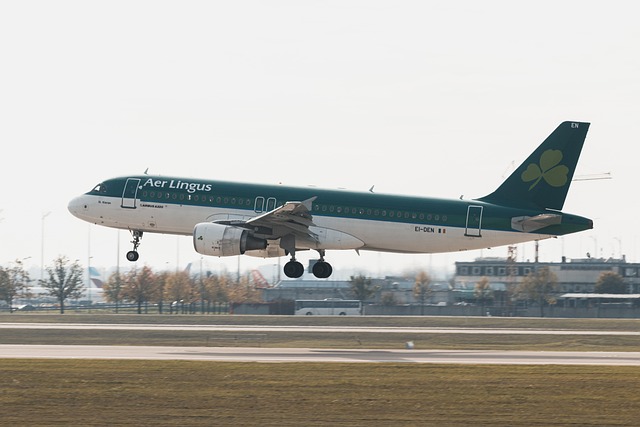Elderly Companion Services are crucial in addressing the unique transportation and social isolation needs of seniors. These services provide personalized solutions, ensuring elders maintain independence while accessing essential care and community engagement. By offering door-to-door service, assistance with baggage, and adaptive equipment, companion services enhance quality of life, promote autonomy, and preserve dignity for seniors. Best practices involve building comprehensive networks and integrating technology for efficient, safe, and inclusive transportation solutions.
As our population ages, understanding and addressing the unique transportation needs of seniors is crucial. This article explores how Elderly Companion Services play a vital role in ensuring safe mobility for an often-neglected demographic. We delve into the specific challenges faced by seniors, highlighting the importance of tailored solutions that enhance their quality of life. From accessible vehicles to compassionate companionship, discover best practices revolutionizing senior transportation.
- Understanding the Unique Transportation Needs of Seniors
- The Role of Elderly Companion Services in Safe Mobility
- Enhancing Quality of Life: Solutions and Best Practices for Senior Transportation
Understanding the Unique Transportation Needs of Seniors

The transportation needs of seniors differ significantly from those of younger adults, reflecting physical and cognitive changes that often come with age. Many elderly individuals face challenges such as reduced mobility, vision or hearing impairments, and cognitive decline, all of which can impact their ability to navigate public transport or drive safely. Additionally, social isolation is a common concern among seniors, making access to transportation not just a matter of convenience but also a vital link to community engagement and well-being.
Elderly Companion Services play a crucial role in addressing these unique needs. These services offer personalized transportation solutions tailored to the specific requirements of senior citizens. From assisting with daily commuting to providing safe accompaniment during medical appointments, companion services ensure that elders maintain their independence while receiving the care and support they need.
The Role of Elderly Companion Services in Safe Mobility

Elderly Companion Services play a vital role in ensuring safe mobility for seniors, addressing a crucial aspect of independent living. These services provide not just transportation but also companionship and support, which is especially important as mobility issues can lead to social isolation. With trained companions by their side, elderly individuals can confidently navigate their communities, attend appointments, and participate in social activities without the worry of unsafe travel.
The benefits extend beyond physical safety; companion services promote mental well-being and independence. Seniors are able to maintain their quality of life, preserving a sense of purpose and self-reliance. By offering personalized care tailored to each senior’s unique needs and preferences, these services foster a sense of comfort and dignity, allowing them to age gracefully in familiar surroundings.
Enhancing Quality of Life: Solutions and Best Practices for Senior Transportation

Enhancing Quality of Life: Solutions and Best Practices for Senior Transportation
Transportation services play a vital role in improving the quality of life for seniors, especially those who face mobility challenges. Elderly Companion Services offer a solution by providing personalized transportation options tailored to meet individual needs. These services ensure that elderly individuals can access medical appointments, social events, and essential amenities independently, thereby promoting their overall well-being. By offering door-to-door service, assistance with baggage, and adaptive equipment, companion services enhance the autonomy and dignity of seniors.
Best practices in senior transportation include fostering partnerships between local transport providers, healthcare organizations, and community groups to create comprehensive networks. These networks can offer flexible scheduling, accessible vehicles, and trained staff to accommodate diverse needs. Additionally, leveraging technology for trip planning, real-time tracking, and communication improves efficiency and safety. Implementing these solutions not only ensures that seniors have reliable transportation but also contributes to their social inclusion and overall satisfaction in later years.
As we’ve explored, understanding the unique transportation needs of seniors is paramount to enhancing their quality of life. The integration of elderly companion services plays a pivotal role in ensuring safe mobility and addressing isolation. By adopting best practices and innovative solutions discussed in this article, communities can significantly improve senior transportation, fostering independence and a vibrant, connected lifestyle for our aging population.














